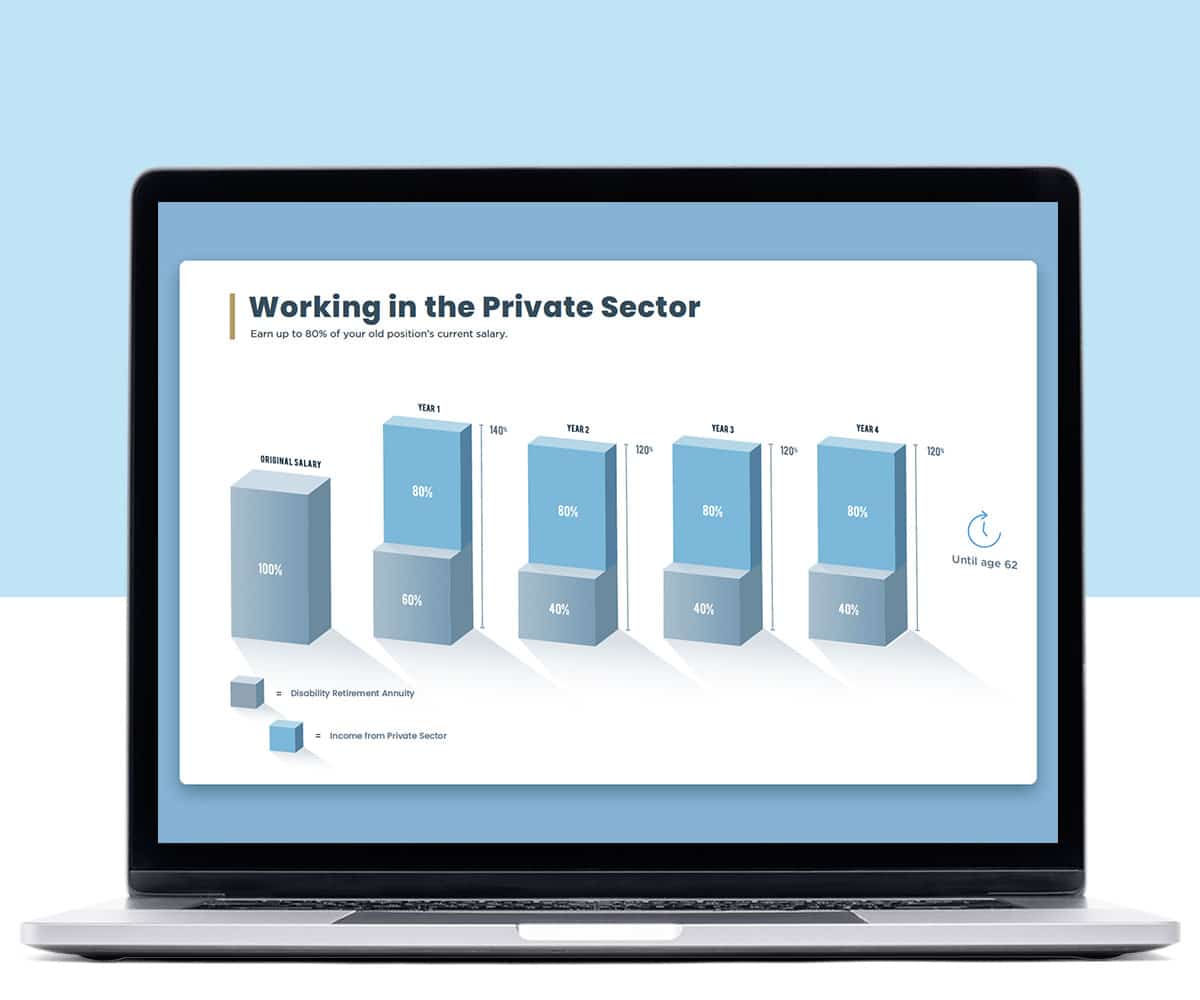
If the shutdown extends into January, many furloughed Internal Revenue Service workers may have to come to work without pay, delaying tax filing season, according to the National Treasury Employees Union.
“Employees have already been spread thin due to a lack of resources. A shutdown on top of this is demoralizing. Employees are concerned about the approaching tax filing season and the effects of the shutdown. We worry about how it may impact our readiness and the ability to do our jobs,” Doreen Greenwald, an IRS Revenue Officer and president of the NTEU Chapter 1, said.
Tony Reardon, NTEU president, said the IRS, which furloughed 88% of its total workforce, would require many of its employees to report to work without pay if the shutdown extends into January. “THE number of people furloughed in a filing season plan is significantly less than are furloughed in a non-filing season plan,” he said.
In a recent survey, nearly 1,600 NTEU members said a shutdown would impact their ability to pay bills and meet basic living expenses. “We’re all cutting expenses because we don’t know how long this will go on this time around,” David Arvelo, a health communications specialist at the Food and Drug Administration said.
Close to 50% of the survey respondents said they’ve had to change scheduled leave plans because of a shutdown.
NTEU members have also expressed concern about the upcoming tax filing season facing a delayed opening. “We are concerned that the filing season is not going to get off in a good way,” Reardon said. “Given that most of the IRS employees are on furlough right now, it kind of stands to reason that they’re not getting the training they need, they’re not getting to do all of the preparatory work in order to be ready for a filing season.”
IRS has received about $320 million in FY2018 to implement the Tax Cuts and Job Act in time for the 2019 filing season. However, Congress has yet to appropriate the remaining $77 million the IRS expected to receive in FY2019 to prepare for the added workload for filing season.
Delays to the tax filing season have happened before. In 2014, the filing season was delayed due to a 16-day shutdown the previous year. Per IRS’s current guidance, a shutdown lasting longer than 5 business days would require the agency to reconsider what operations would remain essential.
“If the lapse in appropriations extends beyond 5 business days, at the direction of the [Deputy Commissioner for Operations Support], the IRS Human Capital Officer will coordinate the agency-wide reassessment of excepted activities and adjust excepted positions accordingly,” the guidance states. “However, the needs identified in this plan are not likely to change significantly before December 31, 2018.”


